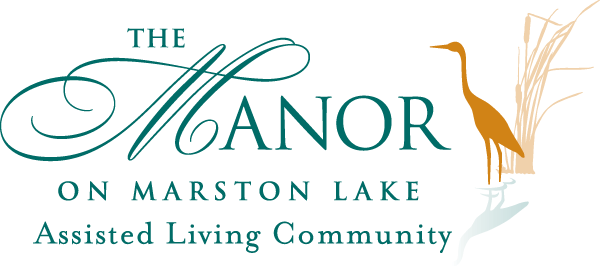As soon as you begin seriously thinking about transitioning a parent into an assisted living facility, you should begin looking into your parent’s financial records and important documents. The unfortunate reality is that many adult children of aging parents are delayed when attempting to help a parent with this transition because they cannot locate some of the required documents.
In some cases, documents that are required by the assisted living facility may have been lost or misplaced. Others may have been accidentally damaged over the years. Some aging parents who have dementia or other memory issues may simply not remember where they put the documents. In the event you need to order new documents or search in various places to locate them, you need to allow enough time to do so.
Common Documents That May Be Required
Each assisted living facility may have slightly different requirements regarding documentation, but most will ask you for similar items when you sign the paperwork. Some of the more common items that you may need to locate include:

- Birth certificate
- Driver’s license
- Insurance card
- Medicare or Medicaid card
- Organ donor card
- Social Security card
The assisted living facility may also need:
- The legal power of attorney document
- Advance directives
- A living will
- A healthy proxy document
In addition to these documents, other items may be required by some assisted living facilities, or you may need access to them in order to manage your parent’s finances for them. These include:
- Marriage certificates
- Mortgage documents
- Credit card or loan statements or the actual credit cards
- Military records
A smart idea is to photocopy all of the items so that you have a record of them, and give the assisted living facility copies of the documents they need as well.
Other Financial Records You May Need
Many adult children will take over all aspects of financial management for their parents when they make the transition in to an assisted living facility. Therefore, in addition to locating and keeping records for the above items, you may also take the opportunity to learn more about your parent’s financial situation and to get copies of financial records.
This may include tax returns for at least the last seven years, insurance policies and information on assets. Asset information may include bank account statements, trust documents, real estate holdings documents, statements for stocks and bonds and other related information. In addition, if your parent owns any valuable items, such as collectibles or artwork, appraisals and receipts for those items should be located and retained.
Additional Information to Gather
In addition to the documents that you will need to gather, you may also make a list of important contacts who you may need to reach out to from time to time. This may include insurance agents, bank representatives for various financial institutions, an attorney, a financial adviser, a tax advisor and even clergy members. These may be the contacts that your parent currently reaches out to for assistance with various aspects of financial planning.
Helping your parent make the transition into an assisted living facility can be a stressful, emotional experience. In addition to the emotions that you may be feeling and that you may need to help your parent work through, the logistical challenges associated with gathering all of the relevant documents together and learning more about your parent’s financial status can also be complicated and stressful. The sooner you begin the process of gathering documents and getting your parent’s affairs in order, the smoother this transition can be for both of you.
